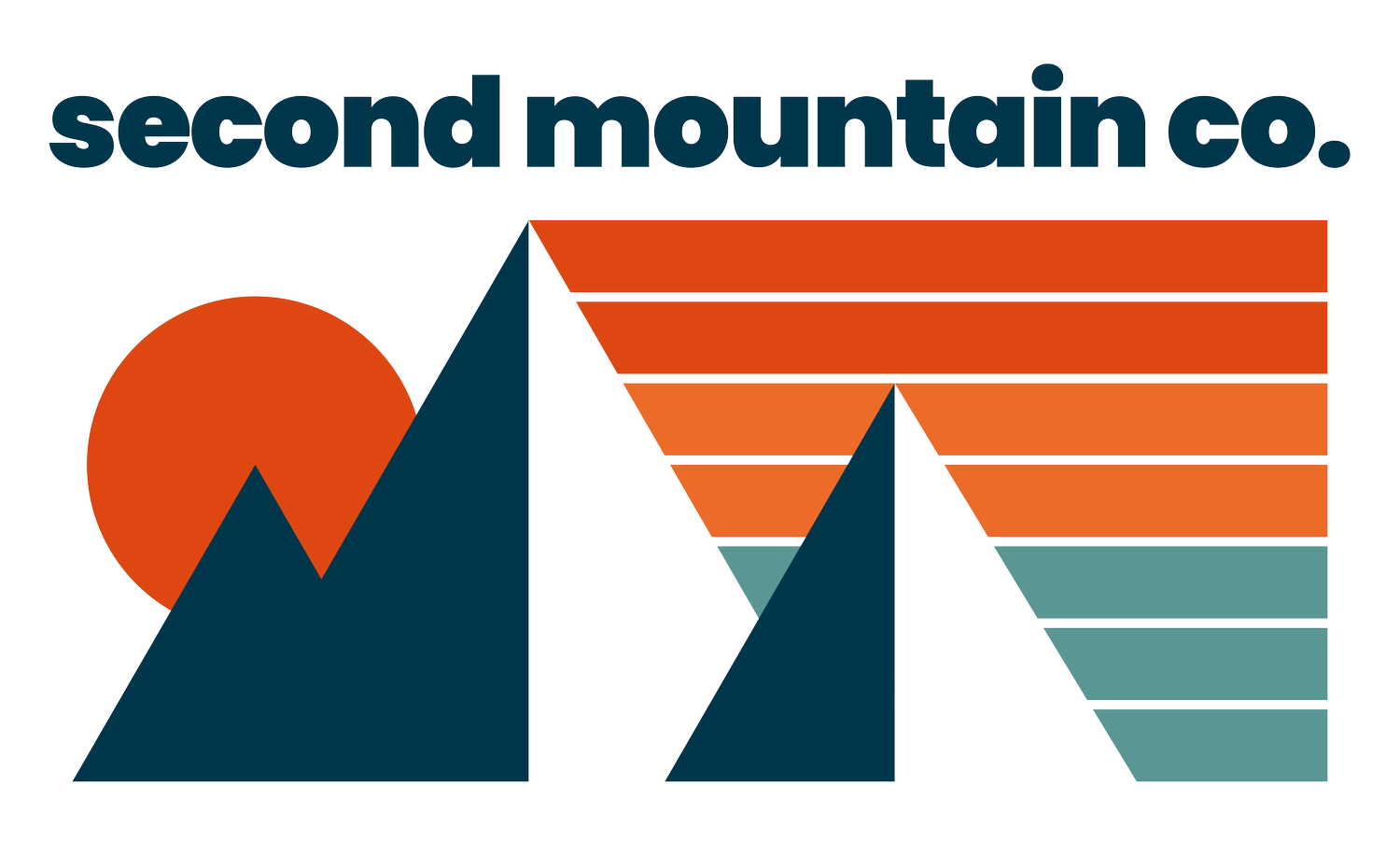Book Review: Recovery 2.0 || Tommy Rosen
When I met Nikki Myers at the Yoga Australia conference this year, I had a profound moment of gratitude for her addiction, that it had lead to her recovery, her discovery of the power of yogic philosophy for recovery and life, and that she had now spread this work globally, changing the lives of tens of thousands of people. I sat there in the audience, and gave thanks for the grace that had taken her on that journey and then given her a voice and the capacity to lead others.
Buddhism talks a lot about how much attachment causes suffering, and taking the path of meditation and mindfulness is an antidote to the eight worldly dharmas that keep us stuck and grasping. Yoga similarly encourages us to release our attachement to stuff and adopt a moral compass using the yamas and niyamas (see my writing on this in other journal posts) to sharpen our minds and our focus to union with our divine selves. I love these philosophies, and have a deep and personal fascination with the human condition and our pursuit of suffering rather than happiness, through so many channels of addiction and obsession. Following a rabbit hole of Nikki Myers sparked me to look more closely to who was working with yogic philosophy and addiction, which lead me to Tommy Rosen.
Recovery 2.0 is his project to evolve the 12 step model using yoga, spirituality, breathwork, food and cleansing to create a mindset and life beyond addiction. Through his own story of chronic addiction, we learn of the correlations between family trauma, origin stories and the search for numbing that creates a ripe environment for addictive behavior to take root. What I love about this work is that is calls out the pervasive issue of addiction - not necessarily as a clinical and critical condition, but as a broader societal issue, and the low level behaviors that we all have that normalise suffering through impermanent distractions. It's easier to see addiction as that very visible dis-ease that we can name and to a degree shame through criminalisation and the suggestion that any addict has a choice in their usage.
What is much harder is to recognise that the new normal is excess food, screens, booze, prescription drugs, co-dependencies and misery. As Brene Brown put it so succinctly - we are the fattest, sickest, most addicted most in-debt people in western history. Our collective suffering is keeping us sad and isolated, full of shame and away from our dharma. Recovery 2.0 is a perfect schooling in the porosity of the boundaries between addiction and [insert your life here]. The spoiler alert ending is one that readers of this journal and the good hustle philosophy know too well - when we connect with something that is bigger than we are, that ignites our faith, whatever that may be, that connects and inspires us to look at our painful truths honestly and vulnerably, then we surrender to the path of our own divinity.
In the book Tommy says that his addictions were the greatest gift of his life, as they were the catalyst to recovery, and his own awakening to life that could only have come from the depths of his destructive despair. He believes recovery is the greatest lens with which to see life, and much like the moment of thanks and gratitude I shared in the awe inspiring presence of Nikki Myers, I feel the same about the light that yogis like Tommy Rosen can bring to our universal recovery, inviting us to look deeper into our selves, and discover what greatness and joy lies beneath the suffering and numb consumption of so many of our contemporary lives. Wherever there is suffering, yoga is the best medicine.
https://www.amazon.com.au/RECOVERY-2-0-Beyond-Addiction-Upgrade-ebook/dp/B00KSF7W4O

